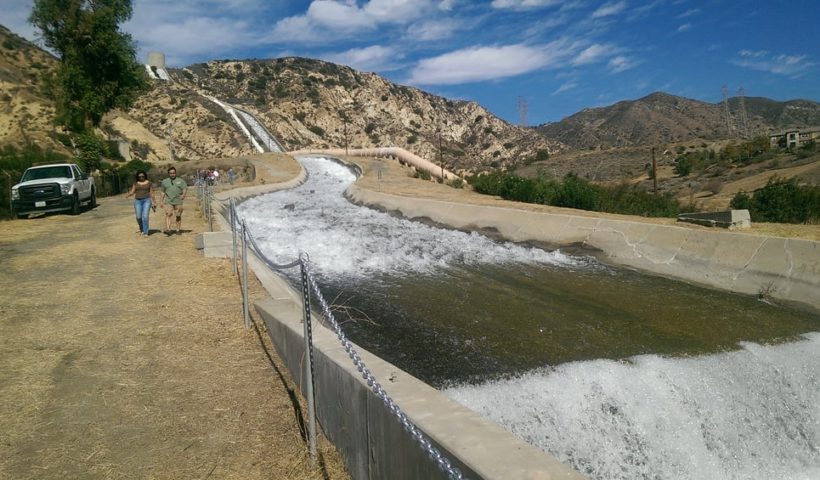Moving water from outside a city in for its residents is a challenge in growing metropolitan areas, and engineers are needed to create the systems and structures and to oversee the work. Engineers often go far away to get water, and transporting it can be difficult and expensive. In the early 1900’s, Los Angeles needed its engineers to move water into the drying city. They chose to take water from the Owens Valley, a water-rich valley high in the Sierra Nevada Mountains. The engineers did so in a legal way, although it was not done in a highly ethical way. This paper will argue that the way the Los Angeles aqueduct project was done was highly unethical. It uprooted a whole area forcing farmers and families to leave their lands. It was hard on the local ecology, drying up the Owens Lake. And it has greatly changed the landscape of Southern California. The engineers on the project used underhanded means when the water could have been procured in an ethical manner.
View More Ethics of Decisions Behind the Los Angeles Aqueduct
